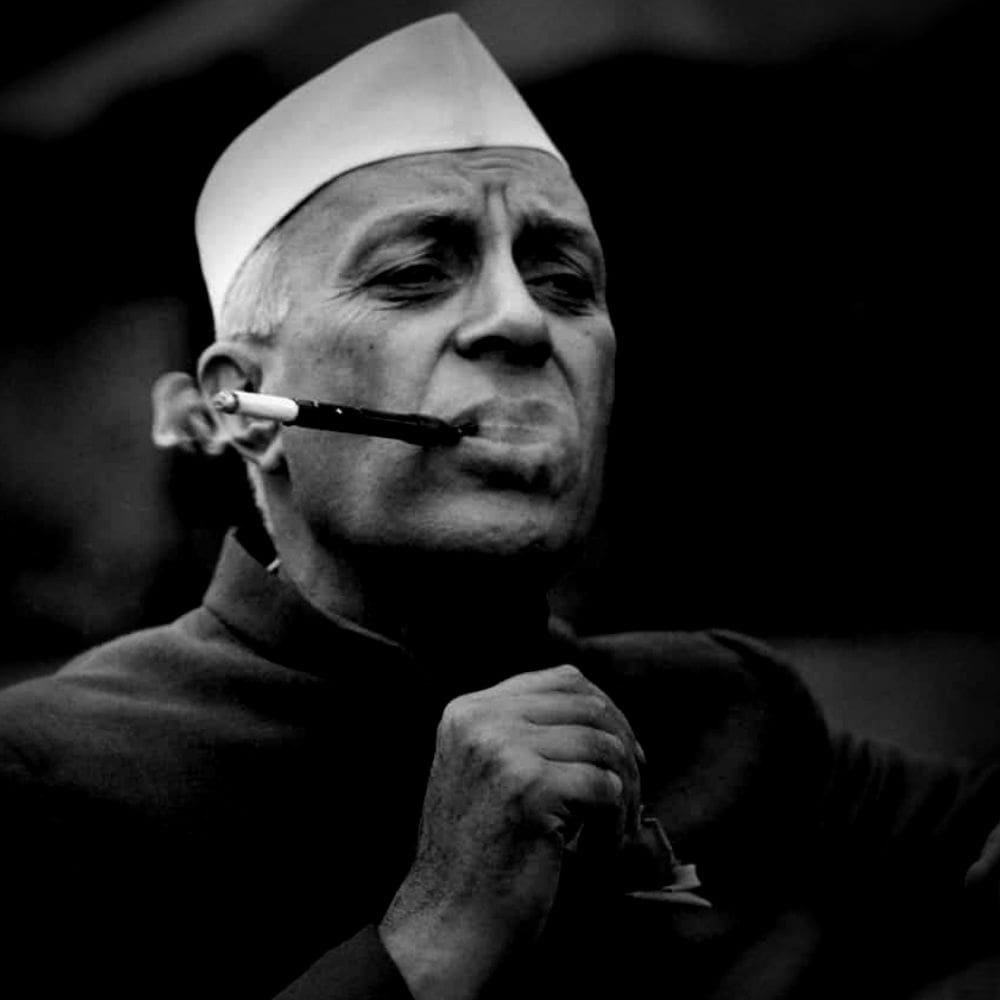INEPT HANDLING OF THE J&K ISSUE IN THE UN
India and Pakistan presented their cases at the UN in January 1948. The Indian case was presented by Gopalaswami Aiyangar, Minister for Kashmir Affairs, specifically appointed by Nehru in his cabinet. Aiyangar was the leader of the Indian team that also included Sheikh Abdullah. Quipped Chaudhry Sir Muhammad Zafrullah Khan (1893-1985), the Pakistani representative in the UN, when he came to know about Gopalaswami Aiyangar as India’s representative: “You are offering me Kashmir on a platter.”
It is worth noting that Zafrullah Khan had an illustrious career. Educated at London’s King’s College, he had been a member of the All-India Muslim League, and had served as its president between 1931 and 1932. He was the Minister of Railway of British India in 1935. He sat on the British Viceroy’s Executive Council as its Muslim member between 1935 and 1941. He represented India at the League of Nations in Geneva in 1939. He was the Agent-General of British India to China in 1942. He became judge at the Federal Court of India. He was the foreign minister of Pakistan (1947-54), the president for the UN General Assembly (1962), and the judge (1954-61, 1964-73), vice-president (1958-61) and the president (1970-73) of the International Court of Justice.
(Incidentally, Zafrullah Khan was an Ahmadiyya, like Abdus Salam (1926–1996), a Pakistani theoretical physicist, who shared the 1979 Nobel Prize in Physics. Abdus Salam left Pakistan in 1974 in protest against the passage of the parliamentary bill declaring the Ahmadiyya Community as NOT-Islamic. Jinnah and Aga Khan, both Shias, were the prime movers of Pakistan. Shias too are at the receiving end in Pakistan.)
Expectedly, while Zafrullah Khan’s presentation was brilliant, and received all-round praise, that of Aiyangar’s was an unmitigated disaster!
Earlier, instead of Aiyangar, the name of Sir Girija Shankar Bajpai, the then Secretary-General (senior-most position) in the Ministry of External Affairs and certainly a much more capable person for the purpose, was suggested; but, on account of opposition he was dropped, as he was known to have been too close to the British during the pre-independence period. But then, why was he made the Secretary-General by Nehru in the first place!
Sardar Patel was opposed to Gopalaswami Aiyangar leading the Indian team in the UN. He considered him to be not competent enough. Patel had instead suggested the name of CP Ramaswami Iyer, who had been the Diwan of Travancore. CP, as he was called, was a very competent intellectual, statesman and a diplomat, with many foreign contacts in the UK and the US. He would have presented India’s case effectively. But, Nehru ignored Patel’s advice, and stuck to Gopalaswami Aiyangar. Here is a tell-tale description of what happened in the UN, as told by Shakunthala Jagannathan, CP’s granddaughter:
“I was a student living in New York, when the question of Kashmir came up in the U.N. Accompanied by several Indian and American friends, I attended the Security council session, oozing with confidence on India’s stand. First came Sir Zafrullah Khan’s impassioned and brilliant speech on behalf of Pakistan which was powerful enough to shake up our confidence. When he sat down, we Indians breathed a sigh of relief. The Indian delegation was then asked to present their case. The delegate concerned put up his hand, stood up, and said, “I protest!”… We had expected that our case, so much stronger, would shake up the U.N.! Instead our presentation on that day resulted in a debacle, right before our eyes…”
Yet another wrong choice of Nehru was to include Sheikh Abdullah in the Indian delegation. Wrote Howard Schaffer: “The Indians had made Abdullah a member of their UN delegation, no doubt in the expectation that he would be an effective spokesman for India’s cause. They could not have calculated that he would undercut their position by calling for Kashmir’s independence in a private conversation with Austin. Apparently caught by surprise, the ambassador gave Abdullah no encouragement…” Incidentally, Warren R. Austin was the US permanent representative—their ambassador—to the UN.
Nehru’s initial blunder was to take an internal, domestic matter of India to the UN, and make it international. However, having done that blunder, it was expected of Nehru to put his best foot forward, and win the case for India. Unfortunately for India, Nehru obliged Pakistan with a follow-up blunder: appointing an incompetent to present India’s case!


